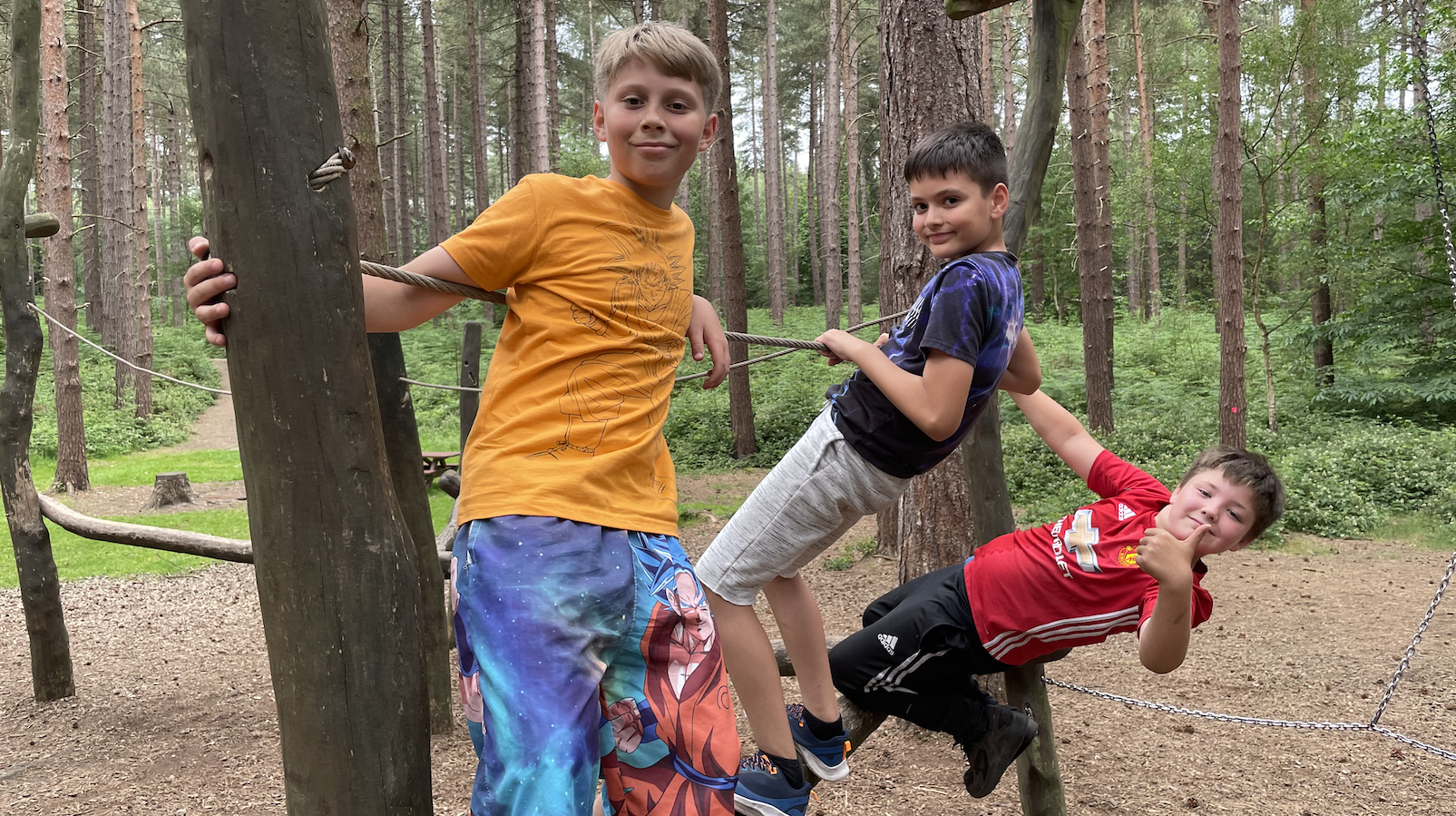Curriculum
Our Curriculum Design
At Rosehill Junior School, we follow the National Curriculum which ensures our curriculum is rigorous, ambitious and progressive. Our curriculum model has been developed in partnership with Local Curriculum Expertise including Local and National Leaders in Education.
We very much recognise the importance of Maslow’s Hierarchy of Need (seen below) and put this at the front of all our work as without this, our children will never achieve their full potential emotionally, physically or academically. We promote emotional support & growth through the work of our Inclusion Team and seek to strengthen relationships through our wider curriculum offer such as residential and enrichment activities.
With this in mind, current Educational Research including the work of Dylan William, Barak Rosenshine and Carol Dweck have influenced our Curriculum Design. We have also utilised further expertise through working with professional organisations such as The Historical & Geographical Associations or The National Centre for Computing Education to further strengthen and quality assure our work.
Rosehill Curriculum Design Principles
- Balanced: Account for intellectual, moral, spiritual, creative, emotional & physical development
- Focused: Teach the most important knowledge and key concepts
- Coherent: Make explicit connections between units of work, subjects and experiences
- Relevant: Meets the needs and demands of the school community
- Rigorous: Provide disciplinary knowledge as well as substantive knowledge
- Appropriate: Match challenge to children's experience and capacity
- Sequenced: Carefully sequence concepts to build on and develop learning into a clear progress model
Across our curriculum, we strive to promote a Growth Mindset where challenge is not only embraced but celebrated and where failure is simply seen as an essential part of any learning journey.
“What mistake did you make that taught you something?”
Carol S. Dweck (2006). “Mindset: The New Psychology of Success”, p.235
We seek to empower our children as learners and seek not just to provide them with substantive knowledge but also further disciplinary skills. Through this approach, we not only provide the knowledge and understanding but also develop essential skills that a learner needs to be an Artist, a Geographer, a Historian etc.

Naturally, our school curriculum is continually evolving and improving through changes to our teaching sequences, content or improvements to the teaching of disciplinary skills.
We deliver most learning as discreet, individual subjects to ensure that we are supporting the children in understanding the precise skills and knowledge that make each subject unique whilst making natural links between the different subject disciplines where possible and appropriate. Throughout, we place reading at the heart of our curriculum and we believe that reading is the door that opens so many opportunities to children in later life. Consequently, above everything, we strive to ensure our children are skilled, fluent readers.
Whilst we always leave teachers an element of autonomy in terms of content delivery, each of our curriculum lessons are part of a deliberate sequence of teaching which builds on prior learning and ensures a level of consistency across classes and year groups. In order to secure the necessary quality of education, teachers are mindful of the EEF Summary of Recommendations (seen below) around Metacognition and Self-regulated Learning. We use this research to help formulate our own Rosehill Teaching and Learning Models - seen further down this page.
EFF Metacognition & Self-Regulated Learning Summary
-
Teachers should acquire the professional understanding and skills to develop their pupils’ metacognitive knowledge
-
Explicitly teach pupils how to plan, monitor, and evaluate their learning
-
Model your own thinking to help pupils develop their metacognitive and cognitive skills
-
Set an appropriate level of challenge to develop pupils’ self-regulation and metacognition
-
Promote and develop metacognitive talk in the classroom
-
Explicitly teach pupils how to organise and effectively manage their learning independently
-
Schools should support teachers to develop knowledge of these approaches and expect them to be applied appropriately
Rosehill Teaching & Learning Models
Keeping in mind the above EEF recommendations, along with the work on Instructional Teaching by Barak Rosenshine, we have devised a basic pedagogy to our teaching to include the following principles where appropriate to do so.
RJS Best Practice Teaching - Wherever Possible:
-
Begin a lesson with a short review of previous learning
-
Present new material in small steps
-
Ask questions and check for student understanding
-
Provide good models and think out loud
-
Promote and encourage learning discussion
-
Guide student practice to consolidate skills and understanding
-
Provide adequate levels of challenge for all learners
-
Provide scaffolds for difficult tasks
-
Require and monitor independent practice
-
Engage students in regular review

We have also established through consultation with our staff and our pupils that…
Children do their best learning when lessons or activities are:
-
Interesting, interactive & engaging
-
Fun, practical, active & memorable
-
Well planned, resourced & organised
-
Inclusive, well scaffolded & accessible to all
-
Delivered within a welcoming & positive environment
-
Well explained with clear expectations & outcomes
-
Involves self or peer assessment & reflection
-
Child led, flexible & adaptable
-
Fostering a culture of resilience where mistakes are celebrated
-
Providing regular & focussed feedback
-
Delivered with short, sharp, focused input & minimal teacher talk
With the above in mind, we try to deliver our learning in keeping with our Curriculum Design, Intent and Implementation. Through this approach, we strive for the very best outcomes for our pupils so they leave us as confident and innovative learners, well-prepared for their next steps on their journey.

